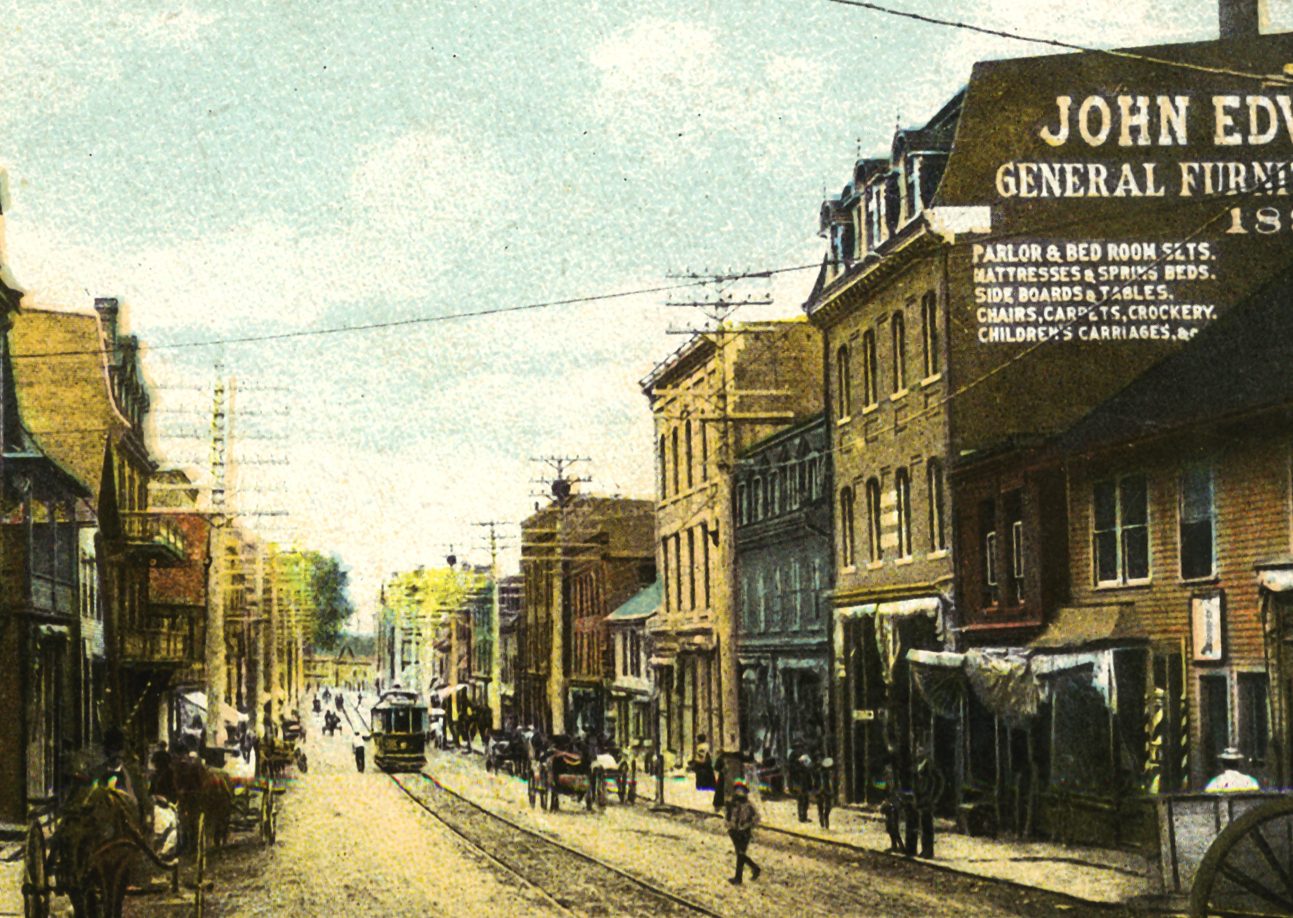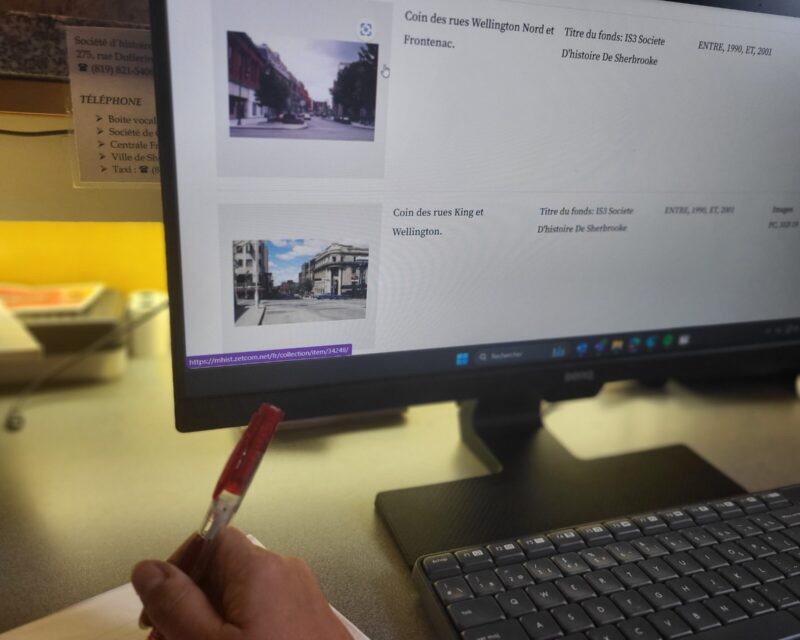 A New Database for Mhist
A New Database for Mhist
News
 A New Database for Mhist
A New Database for Mhist
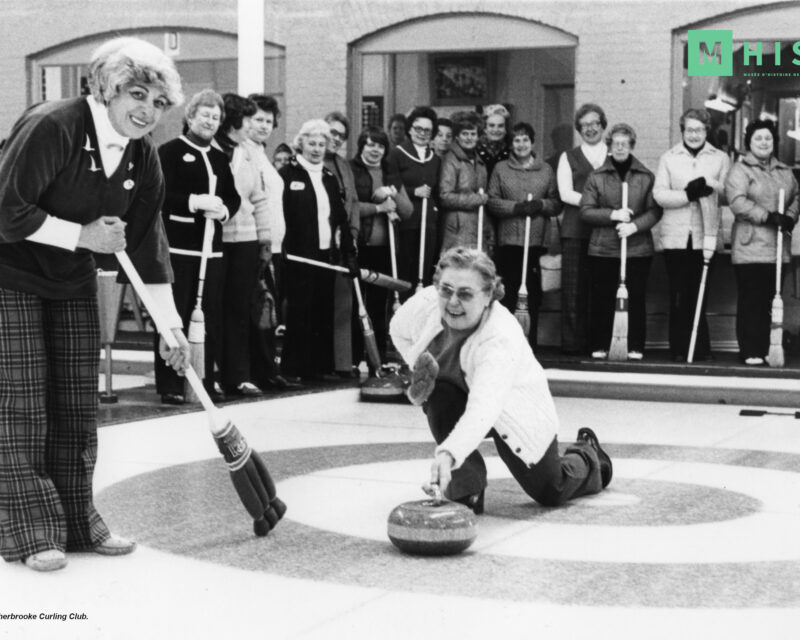 Curling at the Sherbrooke Curling Club: fair play and inclusion above all!
Curling at the Sherbrooke Curling Club: fair play and inclusion above all!
The origins of curling date back to the 16th century and perhaps even earlier, in Caledonia (what we now know as Scotland). However, it was not until the 19th century that the rules became more structured. In Quebec, it was in Montreal that the first curling club, the Royal Montreal Curling Club, was founded in 1807.
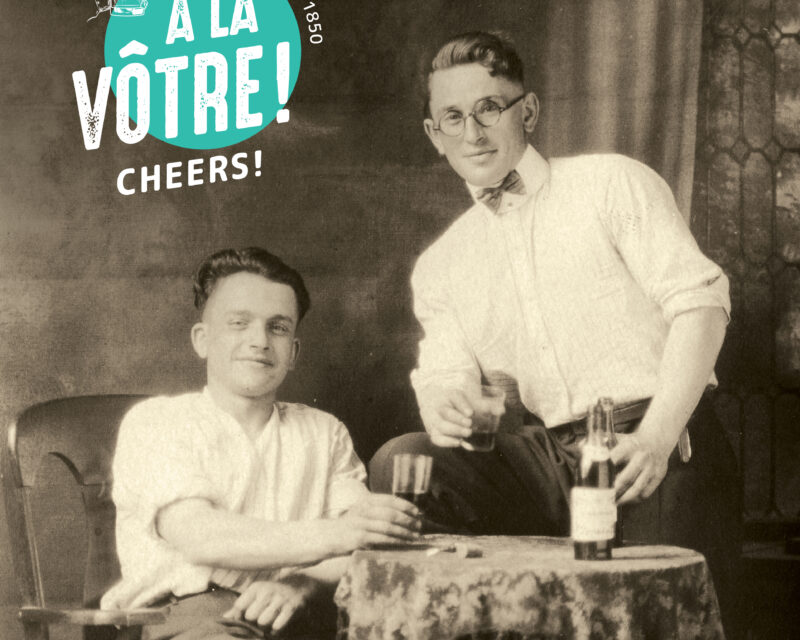 The Mhist says “Cheers!”
The Mhist says “Cheers!”
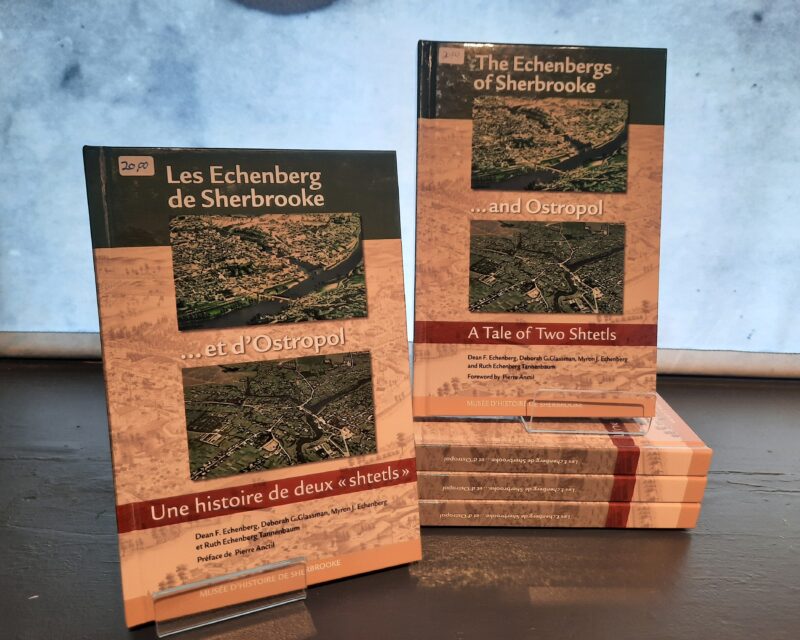 Launch of a book on the history of the Sherbrooke Jewish community
Launch of a book on the history of the Sherbrooke Jewish community
On May 24, the book « The Echenberg of Sherbrooke and Ostropol : A tale of two Shtetls » was officially launched, a project by Dean F. Echenberg.
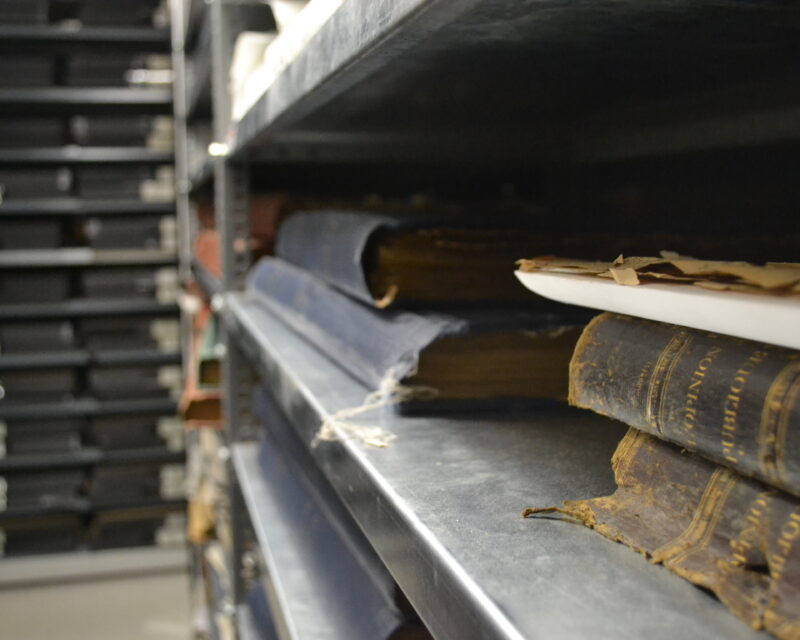 Decades of The Record newspaper archives saved
Decades of The Record newspaper archives saved
The Mhist-Musée d’histoire de Sherbrooke would like to thank several partners without whom 128 binders of Sherbrooke Daily Record/The Record archives would have been lost.
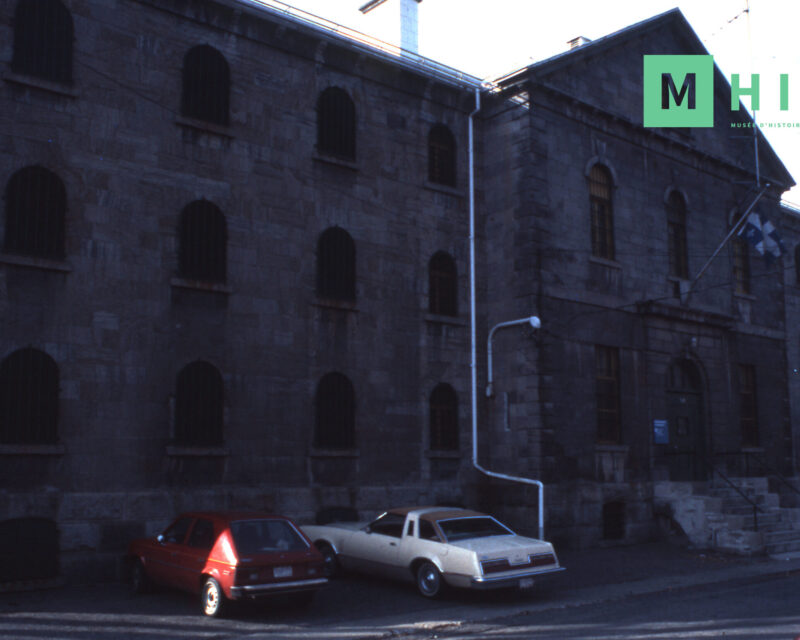 The Mhist is seeking individuals who “experienced” the Winter Prison
The Mhist is seeking individuals who “experienced” the Winter Prison
As part of its project to revitalize the Winter Prison, the Mhist-Musée d’histoire de Sherbrooke is seeking individuals (former inmates and guards, family members, etc.) who frequented the former provincial prison in Sherbrooke.
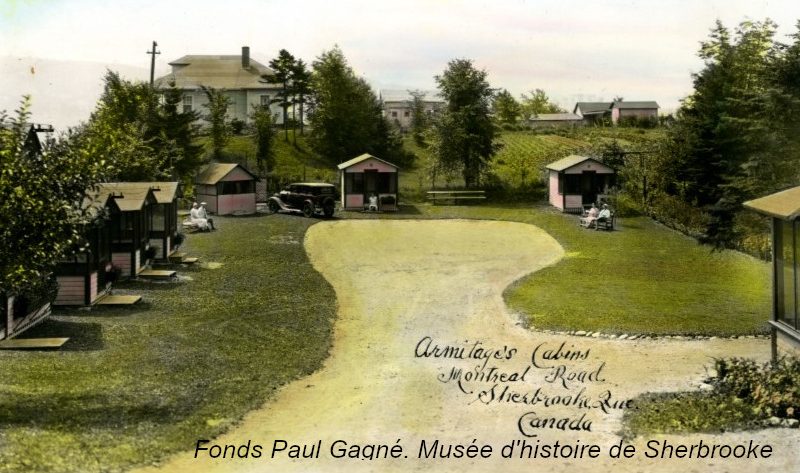 150 years of urban history: long live the holidays!
150 years of urban history: long live the holidays!
During the 1880s, Petit Lac Magog in the Sherbrooke region became a prime holiday destination for the Francophone bourgeoisie. Several families built plush cottages in the area. However, an alternative was soon required to cater to the needs of holidaymakers who were passing though. As a result, Hôtel Gosselin opened in 1893. It was renamed Lake Park Hotel in 1912.
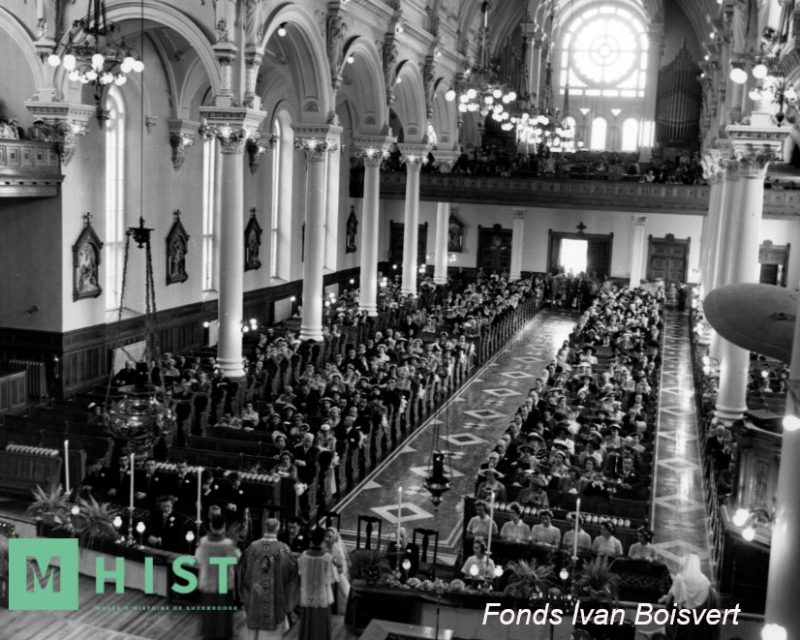 150 years of urban history : a landscape of bell towers
150 years of urban history : a landscape of bell towers
Despite the decline in church attendance over the past three decades and the closure of certain churches, many of these places of worship, the vast majority of which are Protestant and Catholic, are still part of Sherbrooke’s urban landscape. We have chosen four that give us a glimpse into the history and religious customs of the Ville de Sherbrooke.
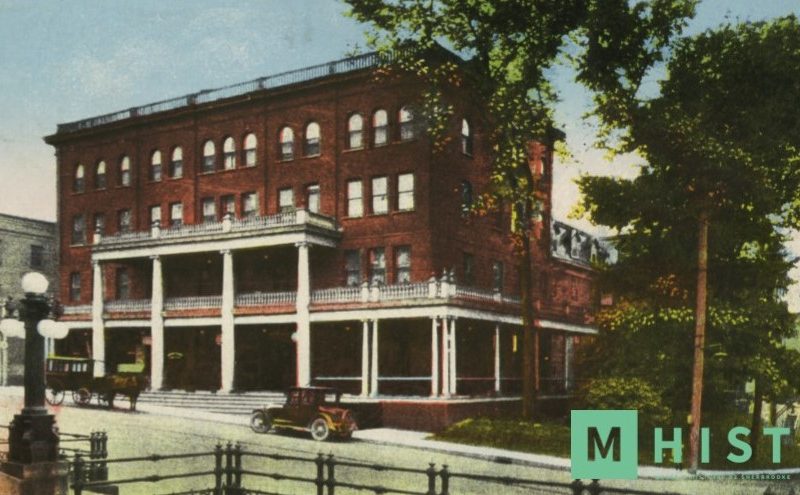 150 Years of Urban History: Sherbrooke and Its Hotels
150 Years of Urban History: Sherbrooke and Its Hotels
For close to a century, the location of a hotel was largely dependent its proximity to a train station. Indeed, 10 of the 13 hotels that were operational in Sherbrooke in 1920 were within a 550-metre radius from the downtown station, and two were located beside the station, on Rue Minto. Only Magog House was a little over a kilometre from the station.
